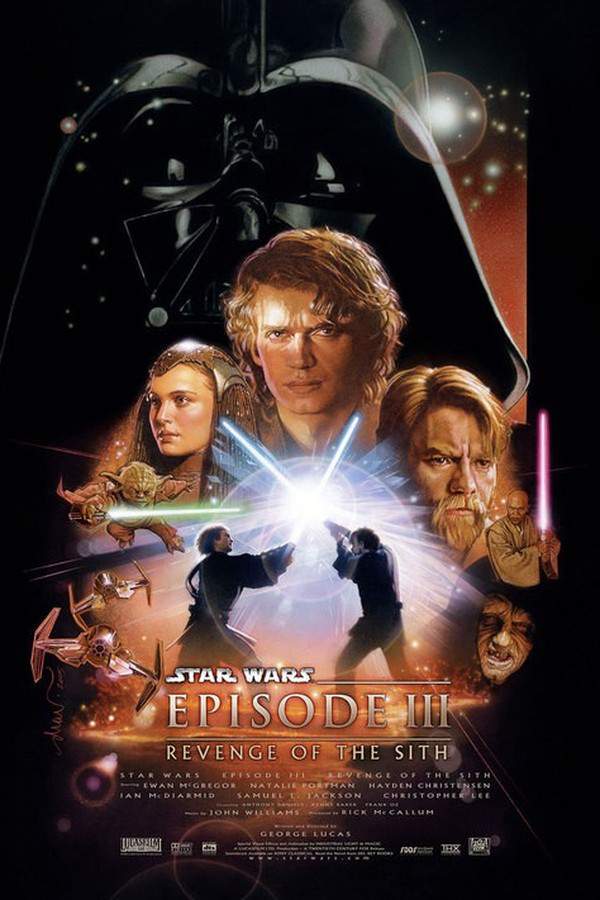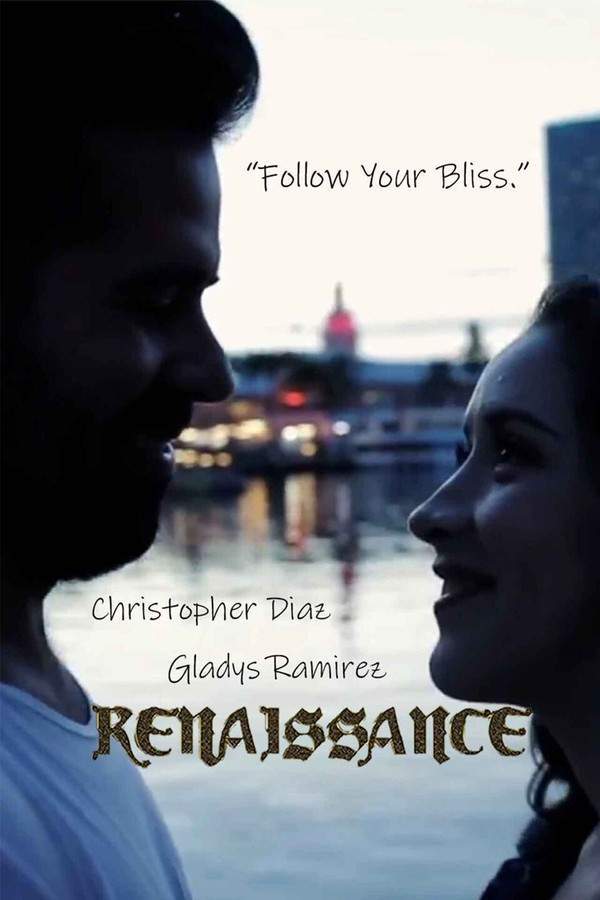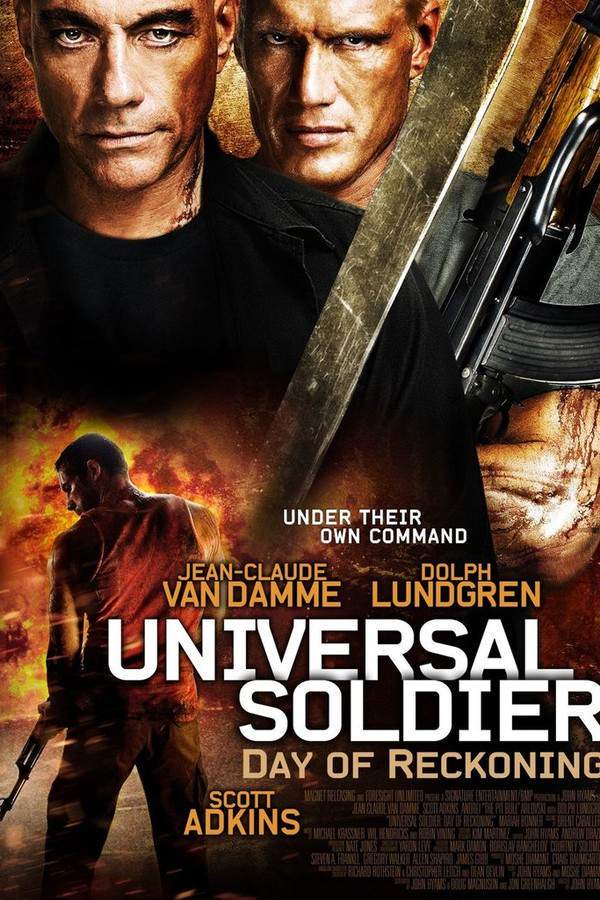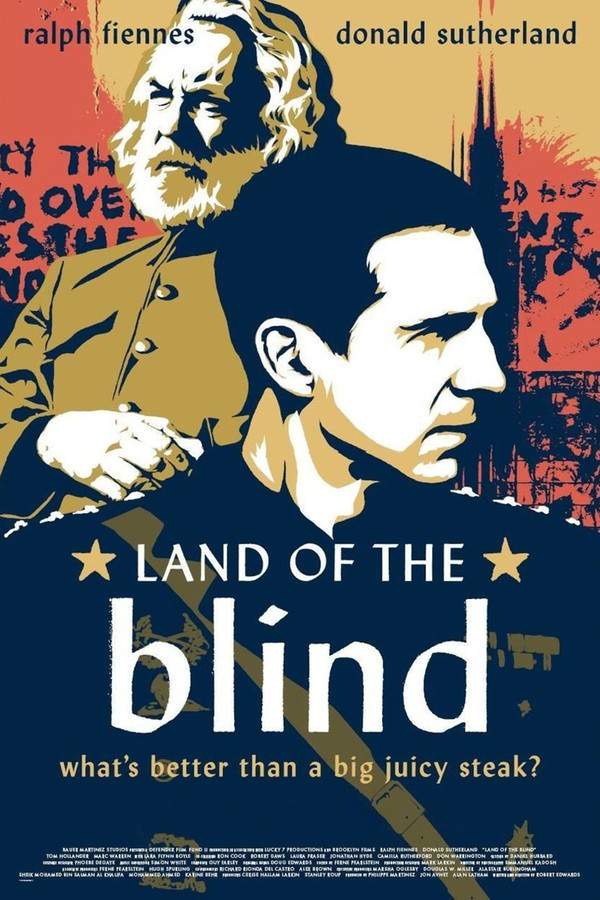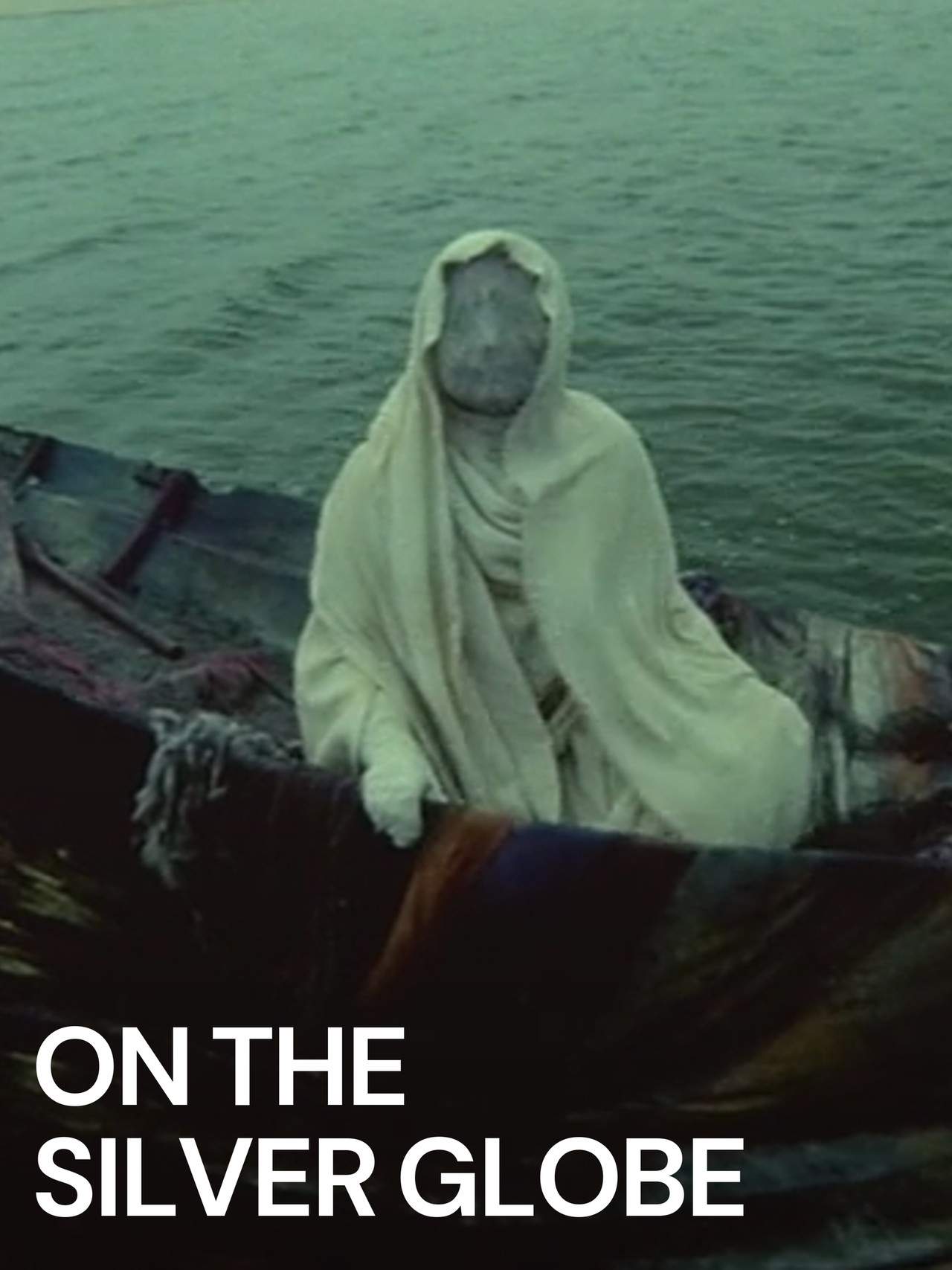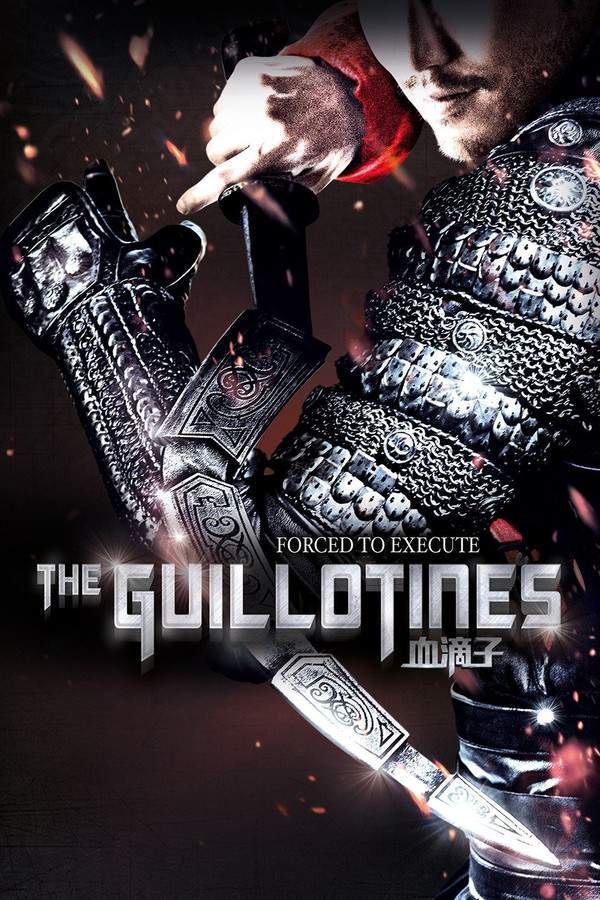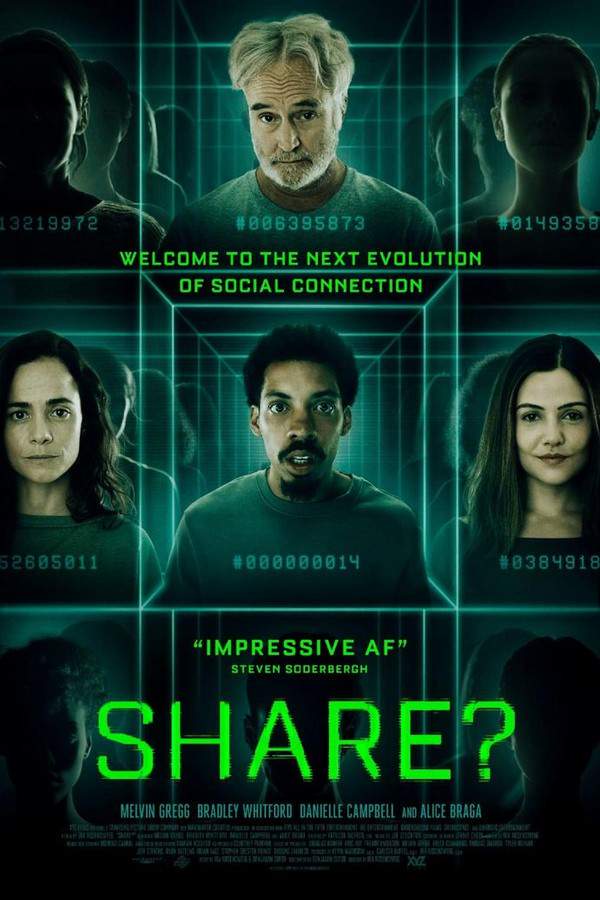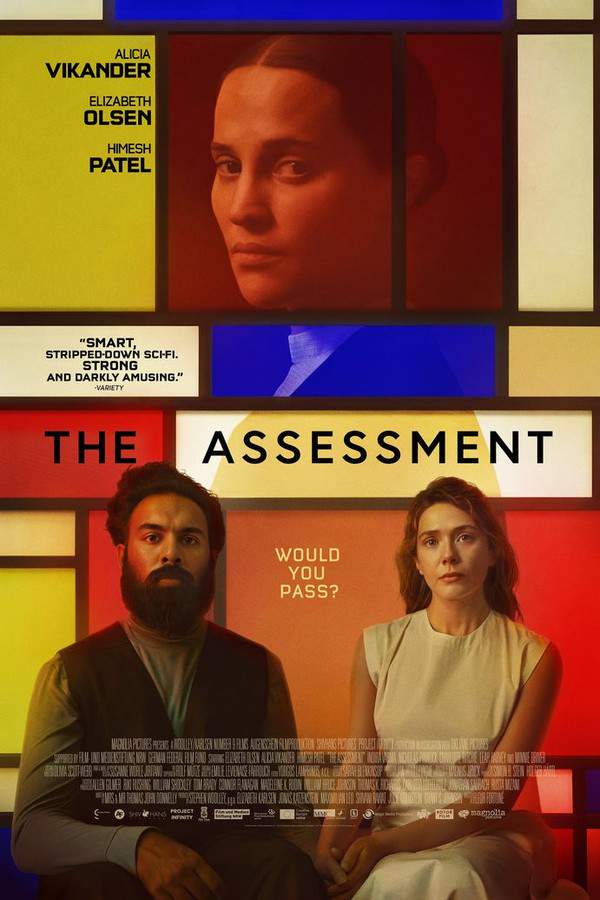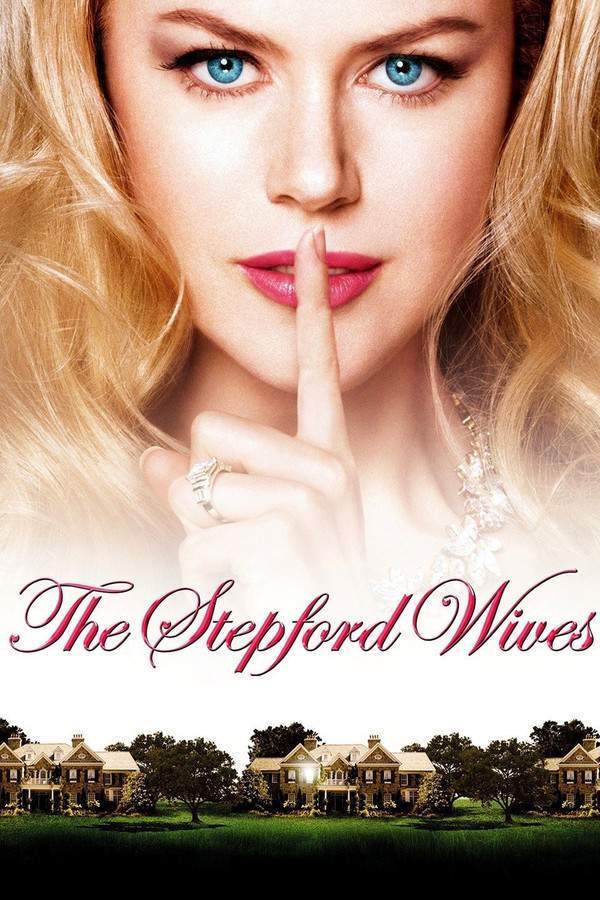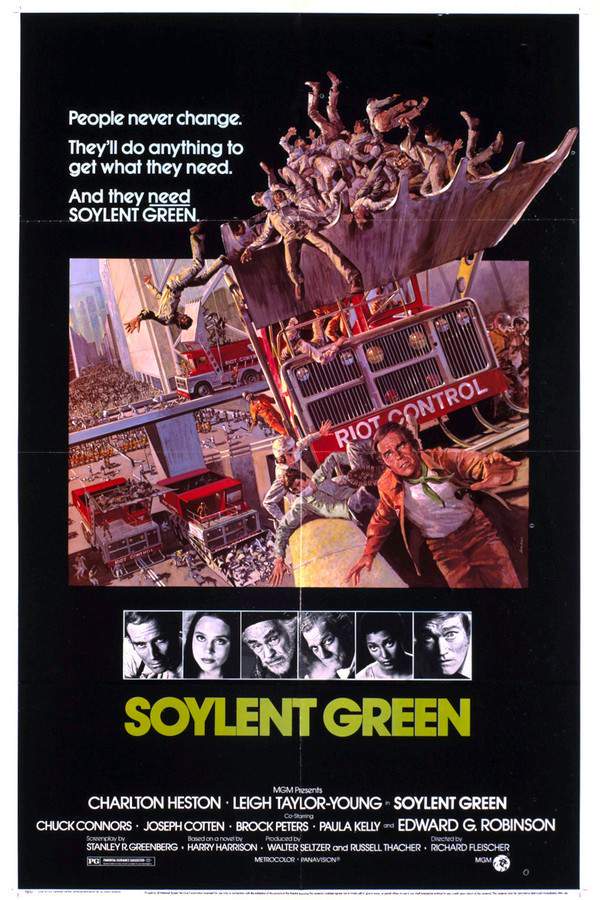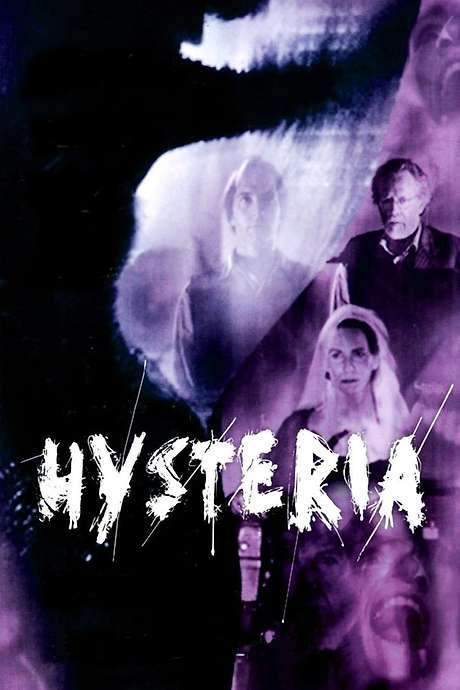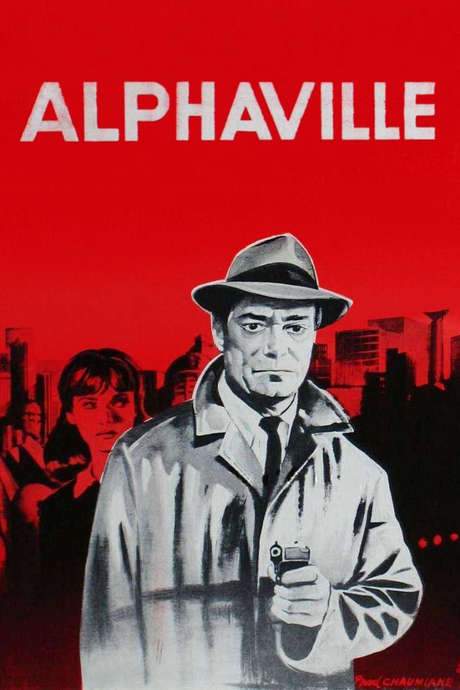
Harrison Bergeron
Year: 2006
Runtime: 30 mins
Language: English
Director: Patrick Horne
A short biographical film follows a boy who imagines himself as emperor in a dystopian 2081 where constitutional amendments force total equality. No one may be smarter, more attractive, stronger, or quicker than anyone else, enforced by the United States Handicapper General. The story adapts Kurt Vonnegut’s classic tale, exploring the extremes of enforced uniformity.
Warning: spoilers below!
Haven’t seen Harrison Bergeron yet? This summary contains major spoilers. Bookmark the page, watch the movie, and come back for the full breakdown. If you're ready, scroll on and relive the story!
Harrison Bergeron (2006) – Full Plot Summary & Ending Explained
Read the complete plot breakdown of Harrison Bergeron (2006), including all key story events, major twists, and the ending explained in detail. Discover what really happened—and what it all means.
In the year 2081, the United States enshrines absolute equality through the 211th, 212th, and 213th amendments, forbidding anyone to be smarter, more beautiful, or more capable than anyone else. The story is narrated by Rance Howard, whose steady voice frames a society where sameness is enforced with an iron fist by the Handicapper General. The regime’s way of leveling people is to force citizens to wear “handicaps,” devices designed to blunt talent and charm: ugly masks to hide beauty, earpiece radios that emit disruptive noises to interrupt thought, and heavy weights that suppress physical prowess.
At the center of this world are the Bergerons. Ken Kobus portrays George Bergeron, a man whose intelligence and strength are constantly tempered by mandated handicaps, while Lindsey Stout plays Hazel Bergeron, his wife, whose own mental acuity is restricted by the state. They have a 14-year-old son named Harrison, a rare combination of brilliance and power who stands out even in a world obsessed with equality. The government soon strips Harrison away from his family, an action the parents barely perceive because Hazel’s thoughts are dulled by her own handicaps and George’s mind is perpetually muted by the radio at his temple.
The Bergerons sit down to watch a televised ballet, a spectacle that appears serene but is laden with the era’s control. The dancers are weighed down to dampen graceful movement and masked to obscure beauty. George’s mind is repeatedly shattered by the handicap radio, a constant chorus of noises that make focus nearly impossible. Hazel, ever practical in her limited awareness, urges him to lie back and rest his “handicap bag”—a 47-pound (21 kg) cloth sack of birdshot slung around his neck. She even suggests removing a few weights, but George refuses, aware that any deviation from the law could bring prison or crippling fines.
On the screen, a news bulletin is read by a reporter who embodies the era’s stylistic quirks and impediments. The voice of the announcer, who carries a speech quirk, struggles to read aloud and then transfers the information to a ballerina wearing the cruelest mask. She begins in a natural, melodic voice before switching to a harsher tone, a performance designed to remind viewers that beauty and clarity must be muffled in this world of enforced equality.
News of Harrison’s escape from custody hits the airwaves, and a full-body photograph of him is shown after several failed attempts to display him upright. Harrison is described as seven feet tall and burdened by three hundred pounds (140 kg) of handicaps, a living symbol of what the state considers dangerous—unrestricted potential. The moment arrives when Harrison seizes a TV studio, declaring himself emperor and tearing off both his own handicaps and those of the ballerina who has shown him sympathy. She, given a choice, bows to his rebellion and becomes his Empress.
The studio’s mood shifts as Bergeron orders the musicians to perform their best music while Harrison and the Empress share a long, defiant kiss. The moment is abruptly cut short by the arrival of the Handicapper General, who bursts into the room and fatally shoots Harrison and the Empress. With the threat quelled, she commands the musicians to reapply the handicaps, and the broadcast ends in darkness. George returns with a beer, and Hazel, tearful, asks why she is crying—only to admit that she cannot remember what happened on television, a memory that slips away in the wake of the day’s shocking events.
This cautionary tale is a look at a society that believes equality must come at the cost of individuality, where even love and rebellion struggle to survive under a regime that prizes uniformity above all else. The narrative, anchored by the plainspoken narration of Rance Howard, traces how a family and a nation cope when the very idea of difference is outlawed, and it leaves readers with a somber reflection on freedom, memory, and the price of sameness.
Last Updated: October 09, 2025 at 16:45
Explore Movie Threads
Discover curated groups of movies connected by mood, themes, and story style. Browse collections built around emotion, atmosphere, and narrative focus to easily find films that match what you feel like watching right now.
Dystopian Tragedies of Shattered Rebellion like Harrison Bergeron
Stories of defiant hope being crushed by an unforgiving system.If the bleak ending of Harrison Bergeron resonated with you, explore more movies like it. This collection features similar dystopian stories where a brief, defiant act of rebellion is met with overwhelming force, resulting in a tragic and somber conclusion that reinforces the power of an oppressive system.
Narrative Summary
These narratives typically follow a protagonist who becomes aware of the injustices of their rigid society. They mount a desperate, often public, act of defiance. However, the system's response is swift and absolute, leading to the protagonist's defeat or death. The story ends with the status quo firmly reasserted, often emphasizing the erasure of the rebellion's memory.
Why These Movies?
They are grouped by their shared exploration of futile resistance, a consistently dark tone, and a narrative structure that builds towards a climax of tragic failure. The emotional journey is defined by a mix of defiant hope and profound sorrow, resulting in a heavy, bleak viewing experience.
Movies about Enforced Conformity and Psychological Control like Harrison Bergeron
Exploring the quiet horror of a world that punishes individuality.Fascinated by the world of Harrison Bergeron where equality is brutally enforced? Discover similar movies about forced uniformity. These films explore the chilling consequences of societies that eliminate individuality, focusing on psychological control, family strain, and the haunting feeling of living in a world designed to suppress human potential.
Narrative Summary
The narrative pattern involves the detailed construction of a world where conformity is law. Characters are subjected to physical or psychological handicaps to ensure compliance. The central conflict is the tension between the human desire for self-expression and the crushing weight of societal rules, often portrayed through the lens of a family unit struggling to survive within the system.
Why These Movies?
These films share a core thematic focus on the conflict between individuality and conformity. They generate a similar mood of oppression and somber reflection, often using a steady pacing to methodically build their unsettling worlds. The experience is defined by a pervasive sense of psychological dread and tragic loss.
Unlock the Full Story of Harrison Bergeron
Don't stop at just watching — explore Harrison Bergeron in full detail. From the complete plot summary and scene-by-scene timeline to character breakdowns, thematic analysis, and a deep dive into the ending — every page helps you truly understand what Harrison Bergeron is all about. Plus, discover what's next after the movie.
Harrison Bergeron Timeline
Track the full timeline of Harrison Bergeron with every major event arranged chronologically. Perfect for decoding non-linear storytelling, flashbacks, or parallel narratives with a clear scene-by-scene breakdown.

Characters, Settings & Themes in Harrison Bergeron
Discover the characters, locations, and core themes that shape Harrison Bergeron. Get insights into symbolic elements, setting significance, and deeper narrative meaning — ideal for thematic analysis and movie breakdowns.

Harrison Bergeron Spoiler-Free Summary
Get a quick, spoiler-free overview of Harrison Bergeron that covers the main plot points and key details without revealing any major twists or spoilers. Perfect for those who want to know what to expect before diving in.

More About Harrison Bergeron
Visit What's After the Movie to explore more about Harrison Bergeron: box office results, cast and crew info, production details, post-credit scenes, and external links — all in one place for movie fans and researchers.


